
Teeth clenching at night, or more precisely, during sleep, is a sleep disorder called bruxism. Many people clench their teeth and for them it is an unconscious habit, like biting the nails or the inside of the lips. Some people are not even aware that they clench their teeth while sleeping, only to discover, when they wake up, that their teeth are clenched tightly together and their jaw is sore.
Clenching the teeth at night may not seem like a serious problem, but it can cause pain and discomfort not just in the jaw and the teeth, but in the whole head too. This sleep disorder can cause dental problems, headaches and disorders like temporomandibular joint disorder.
Symptoms of teeth clenching at night
The main symptom of bruxism is teeth clenching or grinding against each other at night. Many times the person suffering from bruxism is not even aware of doing it, and they usually find out when their teeth become sore and loose, or if their bed companion informs them.
Some of the tell-tale signs of bruxism include sore, loose, fractured, flattened or chipped teeth, bleeding gums, headache, tongue and cheeks chewed on the inside, sores in the mouth, enlarged jaw muscles, facial pain and lockjaw.
People who clench or grind their teeth in their sleep often suffer from emotional disorders or problems too, like anxiety, depression, insomnia and eating disorders.
Treatment for teeth clenching
In many cases, if not in most of them, bruxism is strongly associated with an underlying emotional or psychological cause. It can be stress, anxiety, depression, and, in some cases, more serious emotional disorders. In order to stop teeth clenching and grinding, those underlying causes must be tackled. It is best to do so by seeking professional help of a counselor or a therapist.
If a psychological reason is ruled out by a professional, then it is recommended to see a dentist who will prescribe dental aids, like mouth guard, splint or jaw belt, that prevent the teeth from damage due to clenching and grinding.
If the teeth and the jaw have already suffered damage due to bruxism, dentists may recommend surgery to reconstruct the jaw and to reshape the teeth surface using crowns.
In some cases doctors prescribe medications, usually antidepressants, to relax the muscles that cause the teeth to clench.
Other remedies include drinking plenty of water, getting plenty of rest, avoiding hard-to-chew foods like hard candy and nuts, massaging the face and using relaxation techniques.




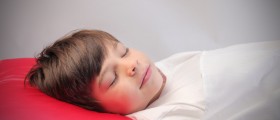
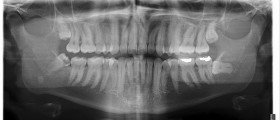
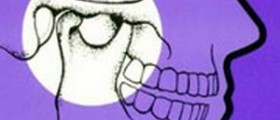
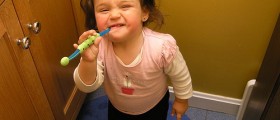
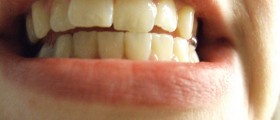

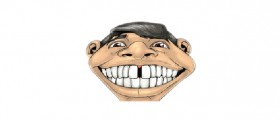
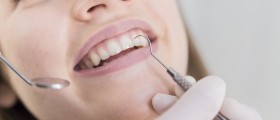
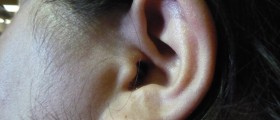
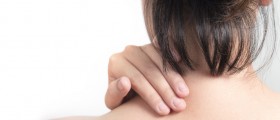
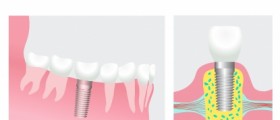
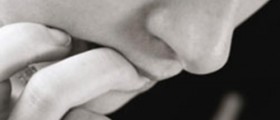
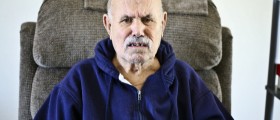
Your thoughts on this
Loading...